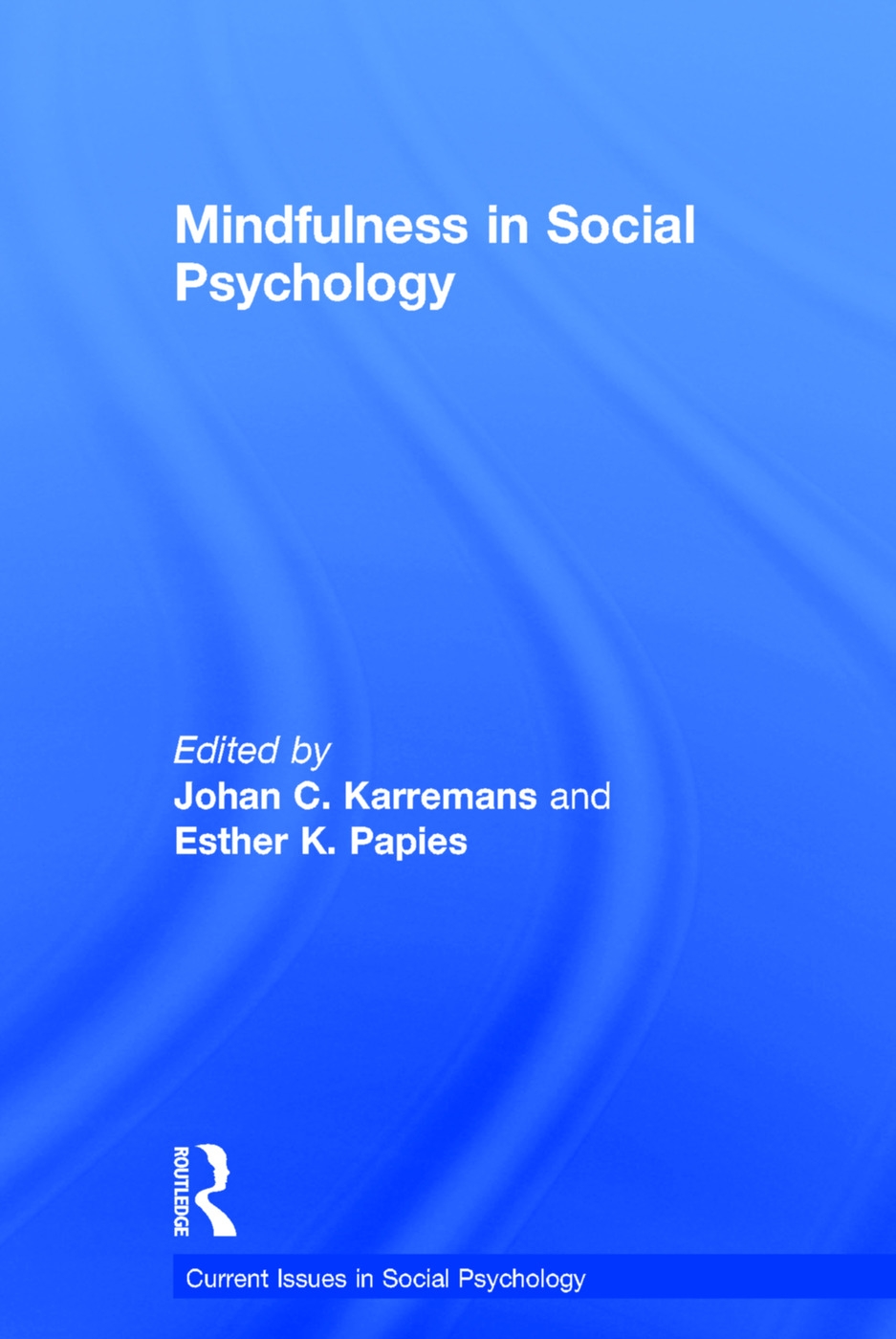Scientific interest in mindfulness has grown exponentially in the past decade but, until now, it has typically been approached from a clinical perspective. This volume is the first to take a social-psychological approach to mindfulness research. It provides theoretical and methodological guidance for researchers across disciplines who are interested in the field and discusses fundamental processes in mindfulness, including its effect on emotion regulation, executive control, automatic and deliberative processing, and its relationship to self-construal and self-identity. It also considers mindfulness in the context of a series of applied domains, exploring its links with compassion and prosocial behaviour, the experience of awe in everyday life, health behavior, romantic relationship functioning, and prejudice and ingroup bias.
| FindBook |
|
有 1 項符合
papies的圖書 |
 |
$ 6875 | Mindfulness in Social Psychology
作者:Esther K.(EDT),Johan C.(EDT)/Papies,Karremans 出版社:Routledge 出版日期:2017-05-10 語言:英文 規格:精裝 / 15.9 x 24.1 x 1.9 cm / 普通級  看圖書介紹 看圖書介紹
|
|
|
圖書介紹 - 資料來源:博客來 評分:
|











